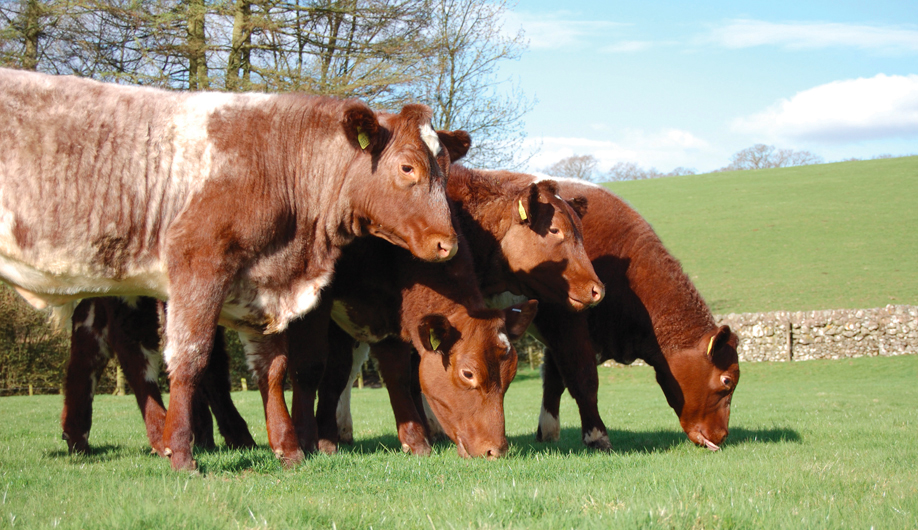
Livestock chairmen from all four of the biggest farming unions in the UK have met to discuss the potential impact on beef and lamb sectors post-Brexit.
Access to the European market, regulatory burden and an agricultural policy that delivers confidence were the key issues when the industry leaders met.
Speaking after the meeting, NFU livestock chairman Charles Sercombe said it had been a worthwhile meeting and that all four unions were unanimous over what the priorities were for both the beef and lamb sectors post-referendum.
"It was agreed that on trade we need to ensure we continue to have access to the important European market for our beef and lamb but at the same time, it is important that discussions to secure access to new markets around the world continue," said Mr Sercombe.
"Agreements that allow access to the UK market must take into account the sensitive status of UK produced beef and lamb in future free trade or WTO discussions.
Regulatory burdens
"Like other farming sectors, access to non-UK labour is a key issue. We are acutely aware that the meat processing sector is reliant on a secure labour supply, and without it we could see costs rising in the supply chain and which would have a knock on effect on our ability to compete in a world market.
"Regulatory burden remains a thorny issue for many livestock producers.
"We recognise that any significant change could impact on our ability to trade within the single market.
"Therefore, our challenge to government is to ensure regulation is proportionate, is not ‘gold plated’ but encourages compliance.
"We want an agricultural policy that helps deliver long term food security, stability and confidence for the livestock sector that reflects geographical and devolved Government differences.
"The UK livestock sector has an opportunity to come up with a template for a productive and profitable sector, this is the start of a new era and we want be part of that discussion."
Mr Sercombe was joined by his livestock colleagues from NFU Cymru -Wyn Evans; NFU Scotland – Charlie Adam; as well as Ulster Farmers’ Union’s Crosby Cleland.
Access to labour market
Earlier this month, the NFU warned that access to skilled and flexible labour sources or there could be a 'devastating impact' across the farming sectors.
The call comes as many farmers up and down the country work around the clock to bring in the nation’s harvest.
After the UK’s decision to leave the EU, the NFU said its immediate concerns centred on farming’s ability to access essential markets as well as farmers being able to source essential labour and trade on a level footing with their competitors.
With some farming sectors, such as horticulture, relying heavily on non-UK seasonal and year-round workers, the NFU has today called for access to labour to be a key consideration in the on-going talks to shape a new domestic agriculture policy.
Last month, a briefing paper published by the Food Research Collaboration called for Britain to invest in its agricultural workforce to cope with changes in migration policy after Brexit.
Cruicial in 'day-to-day' tasks
NFU President Meurig Raymond said horticulture is already experiencing labour shortages which "looks set to get worse."
Mr Raymond said: "And we know it’s not just horticulture that will be affected.
"Non-UK workers are often employed in a whole host of roles throughout farming and are crucial in day-to-day tasks as well as at peak times as we are now experiencing with harvest.
"We have already written to the Brexit minister, David Davis, about our concerns, and we continue to meet with Government departments to work on behalf of our members.
"We want to seek assurance that they will be able to have access to the labour they need so they can continue to produce food for the nation.
"There are many ways in which the challenge of accessing labour could be solved and we are consulting with our members over the coming weeks to help find the best solutions.
"I plan to share their views with the new team at Defra to ensure these grassroots ideas help to shape the new domestic farm policy which is needed - one that puts food and farming at its heart."
